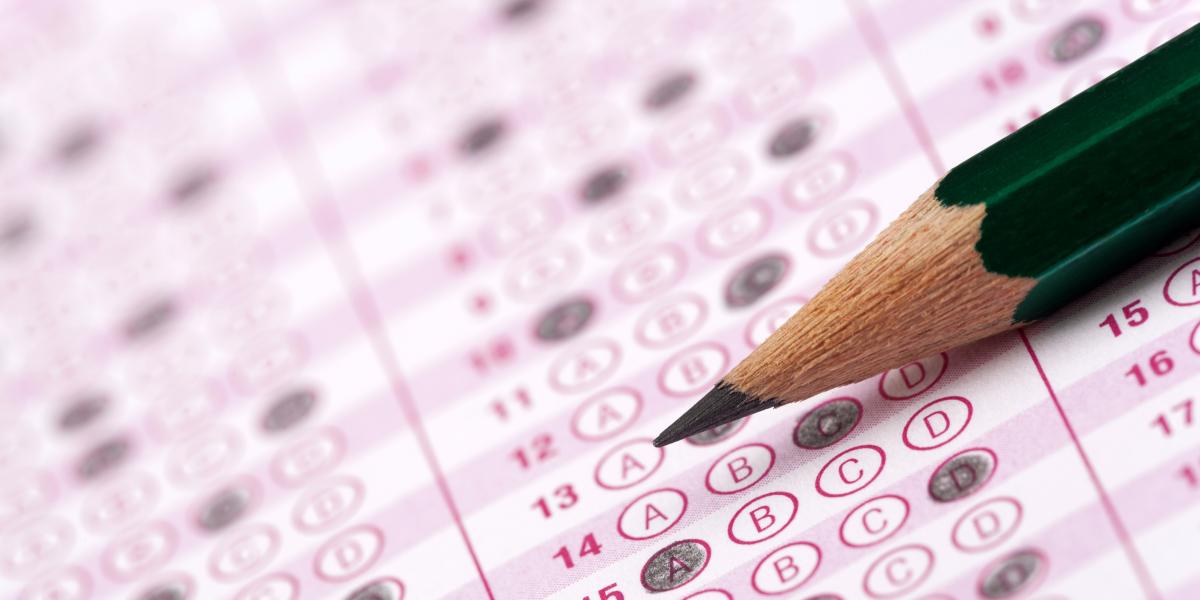Considering Their (Testing) Options

During the COVID-19 pandemic, one of the biggest disruptions in higher education was the impact on standardized testing. Testing centers were suddenly closed due to health restrictions, forcing universities to suspend many of their testing requirements. For some institutions that hadn’t experimented with test-optional policies before the pandemic, one upside of the necessary policy change was a welcome expansion of access for some students and programs. Recently, some high-profile institutions, including several Ivy League universities, have announced that they will once again require test results for domestic applicants.
For the time being, there are few examples of similar reversals in international admissions. One notable return to testing for these students is at Dartmouth College, which announced this year that it will require undergraduate international applicants to submit results from the SAT, ACT, or “an equivalent standardized national exam.”
The Test-Optional Landscape
However, it isn’t only the highly competitive schools that are reconsidering their testing policies: A number of graduate programs at institutions around the country are also reviewing their test-optional policies. At Kent State University, graduate-level standardized test requirements were eliminated during the pandemic. Though testing is still optional for admission to some graduate programs, other programs have reintroduced test requirements.
“While some graduate programs were happy with going test optional, others noticed after a year or two that a larger number of admitted students were not making good progress towards their degree and so they reinstated the test requirements,” says Salma Benhaida, director of international recruitment and admissions and














